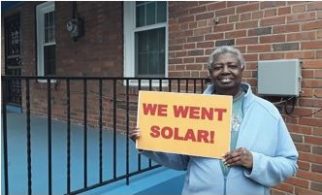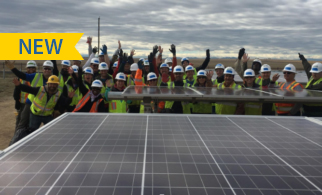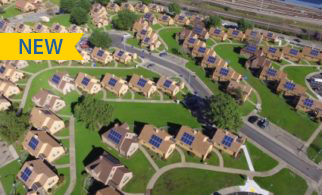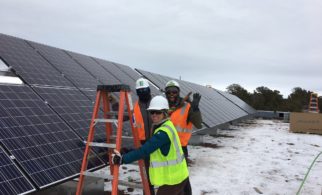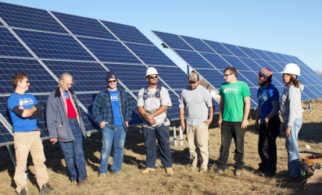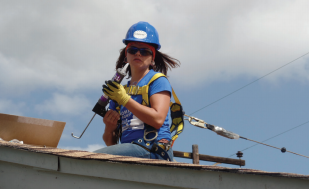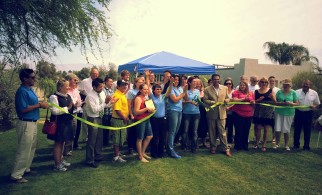Inclusive Process
Overview
Low-income solar programs provide tremendous opportunities to ensure solar and its benefits reach under-resourced communities. However, many times decisions about program design and administration are made without adequate input from the communities for whom the programs are intended. This can result in programs that do not address community or household needs or priorities.
The input of under-resourced communities is critical in policy and program conversations. As our nation continues to identify and address system injustices, it is clear that exclusion from important process steps is itself an injustice. Historically, the voices of communities of color and frontline communities have been excluded from energy policymaking discussions, despite the fact that the outcomes of these conversations have a direct and often disproportionate impact on those communities. Legislative and regulatory processes can be burdensome, inaccessible and opaque, making it difficult for impacted communities to participate.
To establish the most successful low-income solar programs and policies, inclusive processes are critical. The input, feedback, and priorities of under-resourced communities must be given significant weight into programs and policies. These communities that are closest to some of the problems of our traditional energy system are also closest to the solutions, and have invaluable expertise to offer.
Successful Strategies
The 100% Network convened experts from impacted communities to create a shared vision and movement for change to the energy system. In their Comprehensive Building Blocks for a Regenerative and Just 100% Policy, the authors outlined a number of Building Blocks for Public Participation and Governance. We list them here as critical strategies for inclusive and just processes.
- Collaboration with Black, Indigenous, People of Color (BIPOC), and frontline communities and community-based organizations. Processes should be created for co-governance and collective accountability with BIPOC and frontline communities.
- Consultation with and leadership from Tribal nations.
- Full accessibility to public hearings that includes:
- Translation of materials and interpretation during meetings and hearings, and
- Outreach to BIPOC and frontline communities, such as local workshops, and events hosted in the evening to accommodate schedules.
- Public funds for intervenors for costs and fees.
- Community-based program delivery. Program implementing agencies should collaborate with community-based organizations, and program delivery should be led by these groups. This should include outreach that is culturally and linguistically appropriate.
- Clear metrics for outreach.
- Capacity support, such as legal or technical capacity or funding.
- Create oversight boards and technical advisory panels that are inclusive of BIPOC and frontline communities, include compensation for participation by these groups, and allow them to have adequate authority.
- These groups should be inclusive of BIPOC and frontline communities, and have appointment processes that are inclusive and transparent;
- Include compensation for participation by these groups; and
- Give these groups adequate authority for effective and enforceable oversight, including data collection.
- Participatory budgeting, with transparency and accountability.
Inclusive Process Examples and Summaries
Click here for a table summarizing state intervenor compensation policies. (PDF)
